Qualified Persons
mike_kaiser_gw
10 years ago
Related Stories

FUN HOUZZWorld of Design: 10 Unconventional Homes Packed With Personality
Life inside a former church, missile silo or greenhouse? Be it in Japan, Denmark or somewhere in between, not every home begins as a house
Full Story
MOVINGHiring a Home Inspector? Ask These 10 Questions
How to make sure the pro who performs your home inspection is properly qualified and insured, so you can protect your big investment
Full Story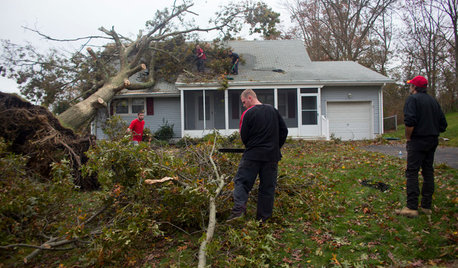
MOST POPULARWhat to Do After a Hurricane or Flood
How you treat your home after a natural disaster can make all the difference in its future livability — and your own personal safety
Full Story
DECORATING GUIDESBudget Decorator: Let’s Go Thrifting
Dip into the treasure trove of secondhand pieces for decor that shows your resourcefulness as much as your personality
Full Story
HOUZZ TOURSMy Houzz: Creative Layers Bedeck a Family's Toronto Rental
Eclectic touches, personal treasures and plenty of color harmonize beautifully for a musical couple and their kids in Canada
Full Story
ORANGEColor Guide: How to Work With Orange
Orange is the most controversial color in the spectrum, but its warmth and personality can charm almost anyone
Full Story
BATHROOM DESIGN10 Amenities to Make Your Bathroom Extraordinary
Go beyond the basics for a luxury bathroom experience, with extra-special options starting at only $25
Full Story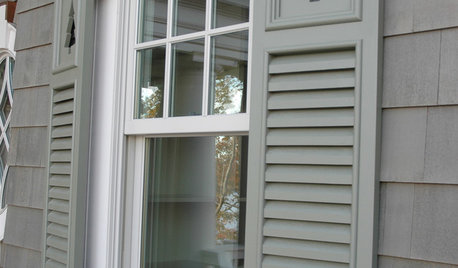
REMODELING GUIDESTop 10 Solutions for Architectural Peeves
Cavelike hallways, immovable shutters, poorly proportioned doors ... avoid these and other common gaffes with these renovation solutions
Full Story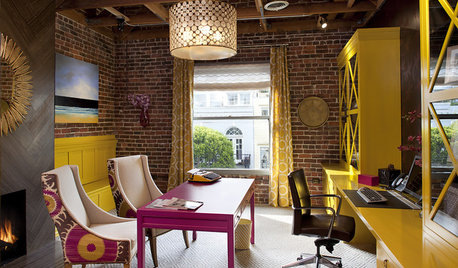
DECORATING GUIDESCalifornia Law: License to Practice Interior Design?
A proposed bill that would require a license to practice interior design in California has Houzzers talking. Where do you stand?
Full Story
ARCHITECTUREDesign Practice: Getting Paid
Pro to pro: Learn how to manage contracts and set up the right fee structure for your work
Full StoryMore Discussions






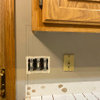
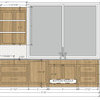

petey_racer
btharmy
Related Professionals
Casas Adobes General Contractors · Citrus Heights General Contractors · Country Club Hills General Contractors · Dothan General Contractors · Hercules General Contractors · Mashpee General Contractors · Peoria General Contractors · Valle Vista General Contractors · Chantilly Handyman · Hillcrest Heights Handyman · Dracut Solar Energy Systems · Lake Mary Solar Energy Systems · New Canaan Solar Energy Systems · Boynton Beach Home Automation & Home Media · Lakeway Home Automation & Home Mediapetey_racer
rwiegand
bus_driver
mike_kaiser_gwOriginal Author
rwiegand
Ron Natalie
toxcrusadr
johnc777
Ron Natalie
jack103
Ron Natalie